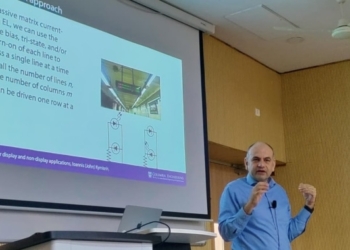India is set to conduct its first-ever biological experiments aboard the International Space Station (ISS), marking a significant milestone in space research.
The initiative, led by the Indian Space Research Organisation (ISRO) in collaboration with the Department of Biotechnology (DBT), will be part of the AXIOM-4 mission.
The experiments aim to study how microalgae and cyanobacteria respond to microgravity and space radiation. These organisms hold promise for long-duration space missions, offering a potential sustainable food source and aiding waste recycling for future space colonies.
Key Experiments on the ISS
- Microalgae Growth Under Microgravity – Scientists will observe the behaviour of edible microalgae to determine their viability in space as nutrient-rich food.
- Cyanobacteria Research – Researchers will analyse the metabolic responses of cyanobacteria, such as Spirulina, in urea- and nitrate-based environments, which could aid self-sustaining space travel.
- Spirulina as a “Superfood” – Known for its protein and vitamin content, Spirulina could become a key nutritional supplement for astronauts.
Global Collaboration for Space Research
These experiments have been developed in association with NASA, ISRO, and the International Centre for Genetic Engineering and Biotechnology (ICGEB), New Delhi.
Scientists hope that the findings will help develop efficient recycling systems that convert carbon and nitrogen from human waste, paving the way for independent extraterrestrial colonies.





























